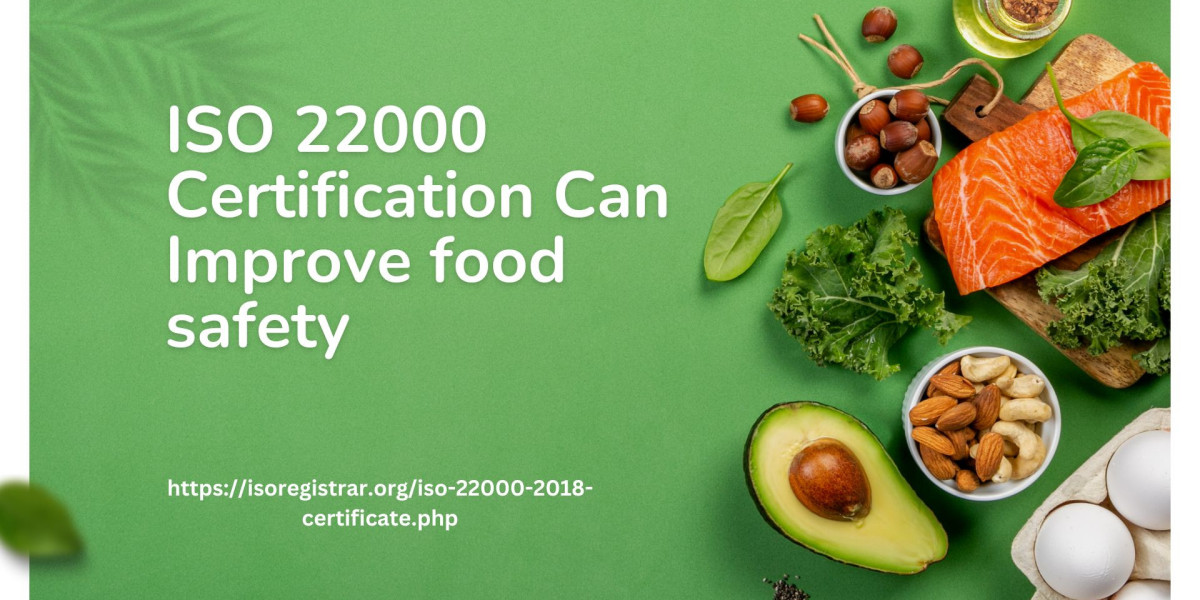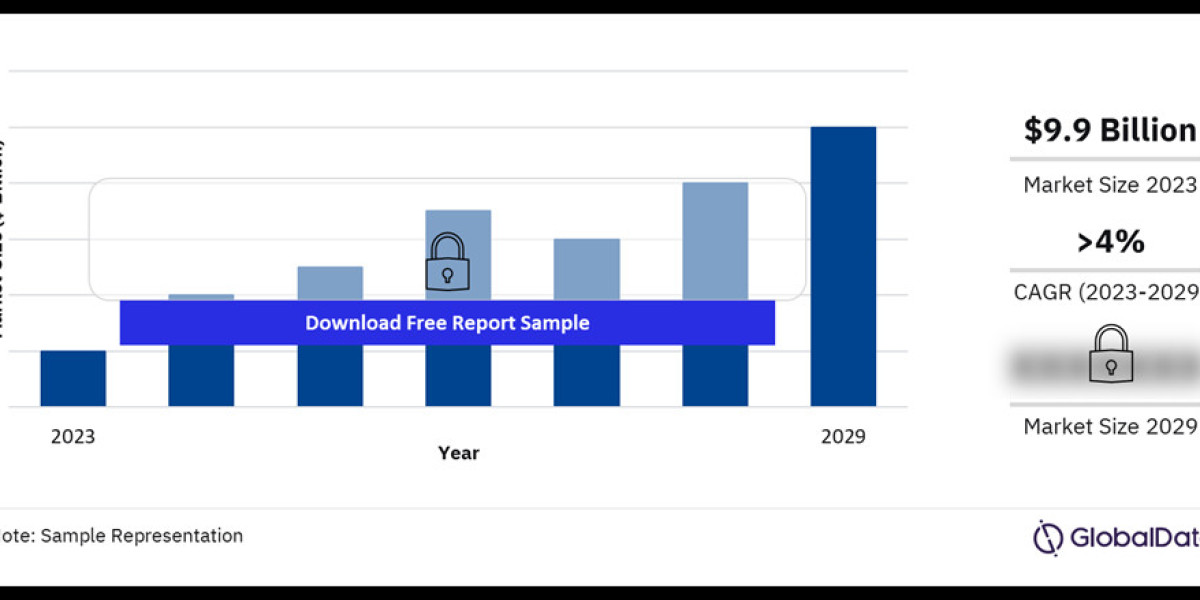ISO 22000 is a globally recognized standard for food safety management systems (FSMS), designed to help businesses in the food industry identify, manage, and mitigate food safety risks. While its primary focus is on ensuring the safety of food products, achieving ISO 22000 certification can also significantly improve the efficiency of your food business. By implementing a structured approach to food safety, businesses can streamline operations, reduce waste, increase productivity, and build stronger relationships with customers, suppliers, and regulatory bodies. Below, we explore how ISO 22000 certification can enhance operational efficiency in food businesses.
1. Streamlined Processes and Standardization
Improved Efficiency:
ISO 22000 provides a standardized framework for food safety management, allowing businesses to streamline their processes. By requiring businesses to document procedures and establish standardized operating practices, the certification helps eliminate inconsistencies and inefficiencies in day-to-day operations.
When processes are standardized, employees at all levels understand their roles and responsibilities clearly. This reduces ambiguity, minimizes errors, and increases productivity. For example, a food production company may implement standardized procedures for cleaning, monitoring, and handling raw materials, ensuring these tasks are carried out consistently and efficiently.
2. Risk-Based Decision Making
Improved Efficiency:
ISO 22000 emphasizes a risk-based approach to food safety. Through comprehensive hazard analysis and risk assessment, businesses identify critical control points (CCPs) and potential food safety risks in their processes. Once risks are identified, businesses can focus resources on mitigating those risks and implementing control measures. This proactive approach to managing food safety risks helps businesses prioritize their efforts, preventing wasteful spending on unnecessary measures and focusing on what truly matters.
3. Enhanced Traceability and Transparency
Improved Efficiency:
ISO 22000 requires businesses to implement robust traceability systems, which help track the movement of raw materials and finished products throughout the supply chain. This increased traceability enhances operational efficiency in several ways.
In the event of a food safety issue, traceability enables businesses to quickly identify the source of contamination and take corrective action. Without traceability, resolving a contamination issue could take days or even weeks, leading to production delays and wasted resources. However, with an effective traceability system in place, businesses can pinpoint the affected batch or ingredient almost immediately, reducing downtime and potential losses.
4. Improved Supplier Management
Improved Efficiency:
ISO 22000 certification emphasizes the importance of controlling suppliers and ensuring that they meet the food safety standards required by the company. By establishing clear criteria for selecting and monitoring suppliers, businesses can avoid disruptions in the supply chain and ensure consistent quality.
Efficient supplier management involves evaluating suppliers based on their food safety practices and ensuring they provide safe, high-quality ingredients. This reduces the risk of delays caused by subpar materials or production stoppages. For example, if a supplier provides contaminated or low-quality ingredients, it could lead to production delays, product recalls, or reputational damage. With ISO 22000, businesses set clear expectations for their suppliers, conduct regular audits, and track supplier performance, ensuring the supply chain runs smoothly and efficiently.
5. Employee Engagement and Accountability
Improved Efficiency:
ISO 22000 certification encourages a culture of food safety across the entire organization. By training employees at all levels and ensuring they understand their role in maintaining food safety, businesses can enhance productivity and efficiency.
When employees are well-trained and aware of the company’s food safety protocols, they are more likely to take ownership of their tasks and perform them effectively. This leads to fewer mistakes, better coordination, and a more efficient operation overall. In food production, for example, employees who understand the importance of proper hygiene practices and temperature controls will be less likely to overlook essential steps, leading to fewer food safety breaches and production delays.
6. Continuous Improvement and Monitoring
Improved Efficiency:
One of the key principles of ISO 22000 is the Plan-Do-Check-Act (PDCA) cycle, which focuses on continuous improvement. Through regular audits, management reviews, and monitoring of food safety performance, businesses can identify inefficiencies and make adjustments to improve overall operations.
Continuous improvement is essential for addressing inefficiencies that may arise over time. For instance, an analysis of production data may reveal that a certain process step is consistently causing delays or requiring more resources than necessary. With ISO 22000, businesses are encouraged to regularly evaluate their processes and implement changes to optimize workflow.
7. Compliance with Legal and Regulatory Requirements
Improved Efficiency:
ISO 22000 certification helps businesses stay compliant with food safety laws and regulations, both locally and globally. Regulatory requirements often include strict guidelines regarding food production, labeling, traceability, and hygiene standards. Maintaining compliance with these regulations can be resource-intensive, but ISO 22000 simplifies this process by embedding compliance into the FSMS.
With an ISO 22000-certified system, businesses can more easily track their compliance with food safety regulations, which reduces the time spent on audits and minimizes the risk of fines or penalties. By maintaining up-to-date documentation, effective record-keeping practices, and regular internal audits, businesses ensure that they meet regulatory requirements consistently, without wasting time on last-minute compliance efforts.
8. Customer Confidence and Market Expansion
Improved Efficiency:
ISO 22000 certification assures customers that a business adheres to internationally recognized food safety standards. This builds customer confidence and strengthens the business’s reputation. By delivering safe and high-quality products consistently, businesses can reduce the costs associated with customer complaints, returns, or recalls.
Additionally, ISO 22000 certification can open up new market opportunities, as many retailers, distributors, and international markets require food safety certification as a condition for doing business. As a result, companies with ISO 22000 certification are better positioned to enter new markets, increase sales, and expand their customer base.
Note: Apply for iso 9001 certificate- quality management system
Conclusion
ISO 22000 certification provides significant benefits beyond just food safety. It creates a structured framework that enhances operational efficiency by standardizing processes, improving risk management, streamlining supplier relationships, and fostering continuous improvement. The certification not only helps prevent food safety failures but also optimizes internal operations, increases productivity, reduces costs, and enhances customer trust. By implementing ISO 22000, food businesses can create a more efficient and resilient organization, ultimately driving long-term success and growth.









